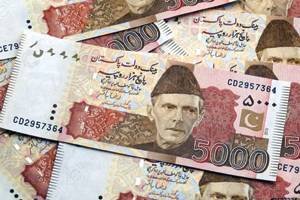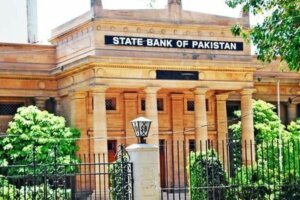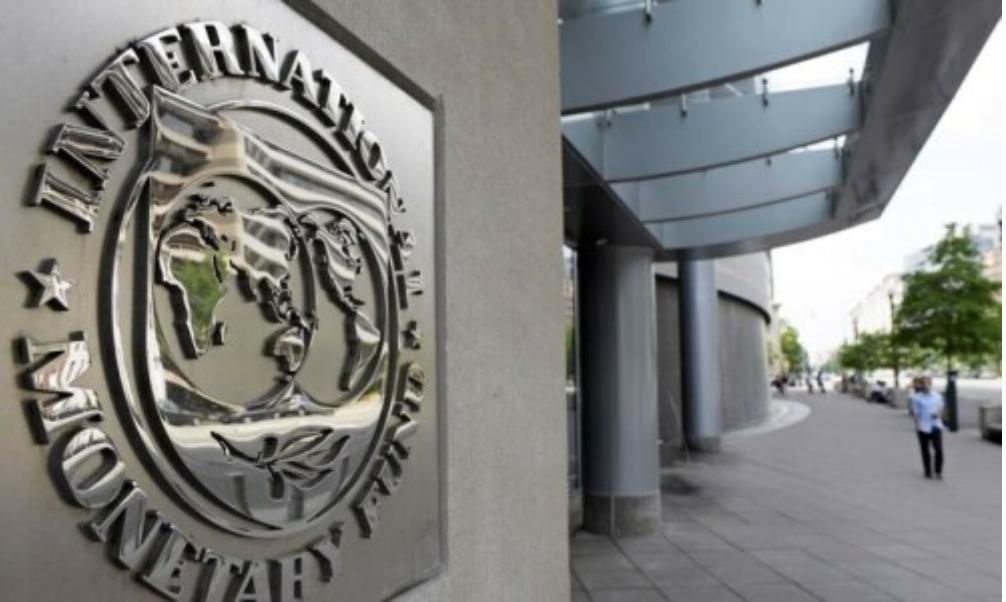The IMF expects Pakistan’s economy to grow by 3.5% in the fiscal year 2025. This forecast remains unchanged from April despite global inflation concerns that could keep pressure on the public due to higher interest rates. The IMF recently finalized a $7 billion bailout agreement with Pakistan, based on detailed discussions and economic data, including the 2024-25 budget.
Pakistan’s government has set a slightly higher growth target of 3.6% for the same period. The IMF’s latest world economic outlook notes balanced global risks but highlights inflation risks, especially for emerging economies like Pakistan, stemming from stalled service price reductions and potential trade tensions.
The IMF projects commodity prices to rise, with non-fuel prices expected to increase by 5% in 2024, while energy prices are anticipated to decrease by 4.6%, influenced by OPEC+ decisions and ongoing Middle East conflicts. Major central banks are likely to reduce monetary policy rates in late 2024, but varying inflation levels may cause disparities in normalization speeds.
Persistently high inflation risks could prolong elevated interest rates, posing external, fiscal, and financial challenges. Pakistan faces significant borrowing needs, with high interest rates amidst low growth, straining government revenue used mainly for debt payments.
To bolster economic stability and growth, the IMF advises prioritizing price stability, implementing structural reforms, and prudent fiscal management. Central banks are cautioned against premature easing and should remain prepared for tightening measures if necessary. Policymakers in emerging markets are urged to manage currency and capital flow risks, maintain foreign reserves, and strengthen macroeconomic policies to mitigate vulnerabilities.
Long-term growth prospects hinge on policies that harness diaspora contributions, maximize remittance benefits, and enhance domestic labor market opportunities, despite challenges such as emigration of skilled workers.










